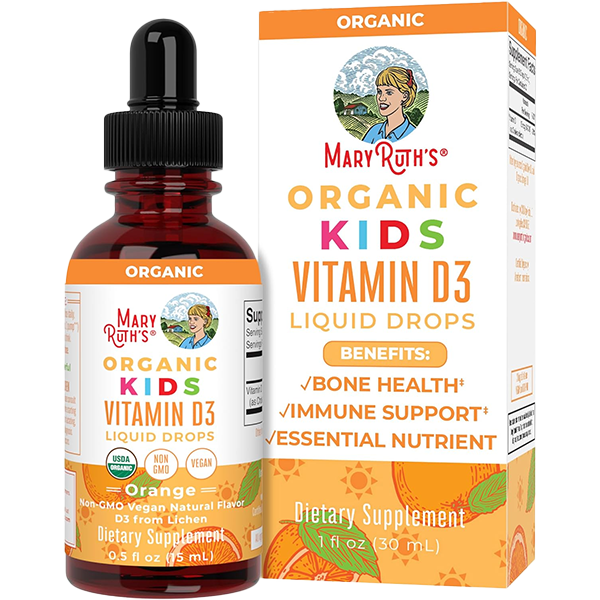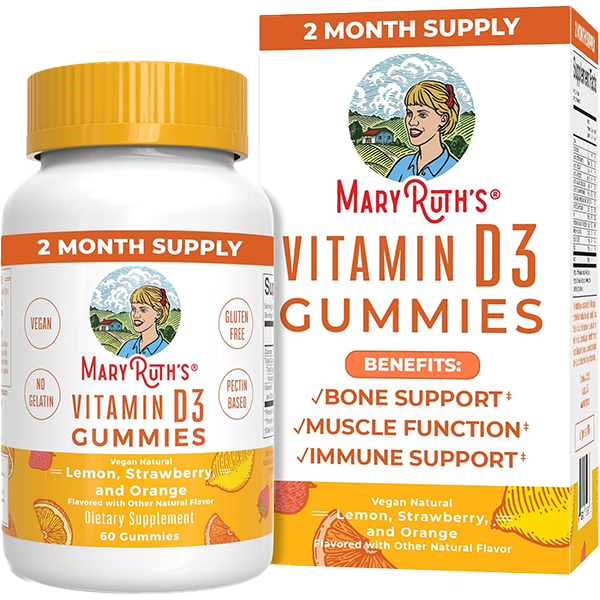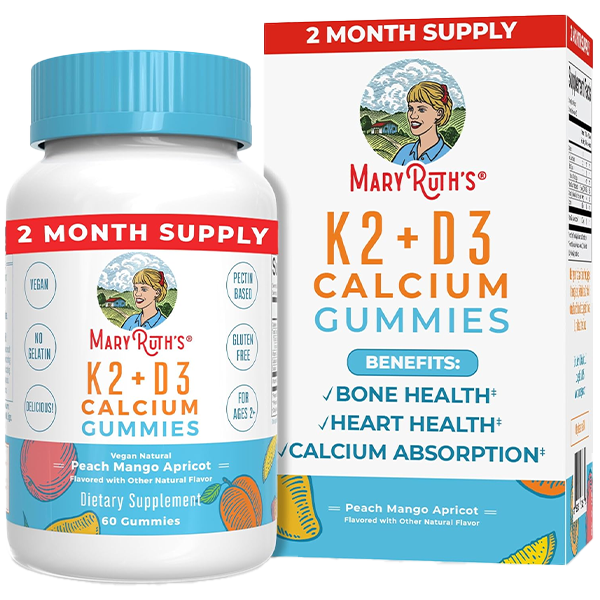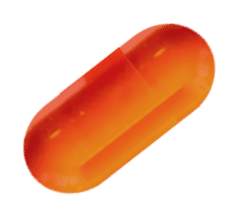Few nutrients hold as much significance as vitamin D. Often referred to as the “sunshine vitamin,” vitamin D plays a crucial role in various aspects of our health, from supporting immune function to promoting bone density and muscle mass. However, despite its importance, many individuals are deficient in this essential nutrient. In this blog post, we’ll explore the implications of vitamin D deficiency and the key factors to consider when supplementing.
I love Mary Ruth’s products. Use code MROPHILC for 20% off their products on Amazon or their website!
The Prevalence of Vitamin D Deficiency:
Vitamin D deficiency is more common than you might think, affecting an alarming 40% of Americans. This deficiency is particularly prevalent during the colder months when sunlight exposure is limited. Without sufficient sunlight, our bodies struggle to produce an adequate amount of vitamin D, leading to a host of health concerns.
Understanding Vitamin D2 vs. Vitamin D3:
When it comes to supplementation, not all vitamin D sources are created equal. While many supplements contain vitamin D2, derived from sources like mushrooms treated with UVB rays, the optimal form of vitamin D is D3. Unlike D2, which is not naturally abundant in our diets, D3 is found in fish, egg yolks, and certain plants, making it more bioavailable and effective for addressing deficiency.
The Importance of Vitamin D3 with K2:
While vitamin D plays a critical role in calcium absorption and bone health, it requires a helper nutrient to maximize its benefits – vitamin K2. Vitamin K2 works synergistically with vitamin D to ensure that calcium is properly distributed throughout the body, preventing calcification in the arteries and supporting overall cardiovascular health. Therefore, when supplementing with vitamin D3, it’s essential to choose a formulation that includes vitamin K2 for optimal results.
Addressing Common Symptoms of Deficiency:
If you’re experiencing frequent colds and flu, struggling with bone density issues, or noticing a decline in muscle mass, vitamin D deficiency may be to blame. By incorporating vitamin D3 with K2 into your daily regimen, you can address these symptoms and support your overall health and well-being.
In a society where vitamin D deficiency is widespread, prioritizing supplementation with vitamin D3 and K2 is essential for maintaining optimal health. By ensuring adequate levels of these vital nutrients, you can bolster your immune system, support bone density, and enhance overall vitality. Remember, when it comes to vitamin D supplementation, choose wisely and prioritize quality to reap the full benefits of this essential nutrient.













